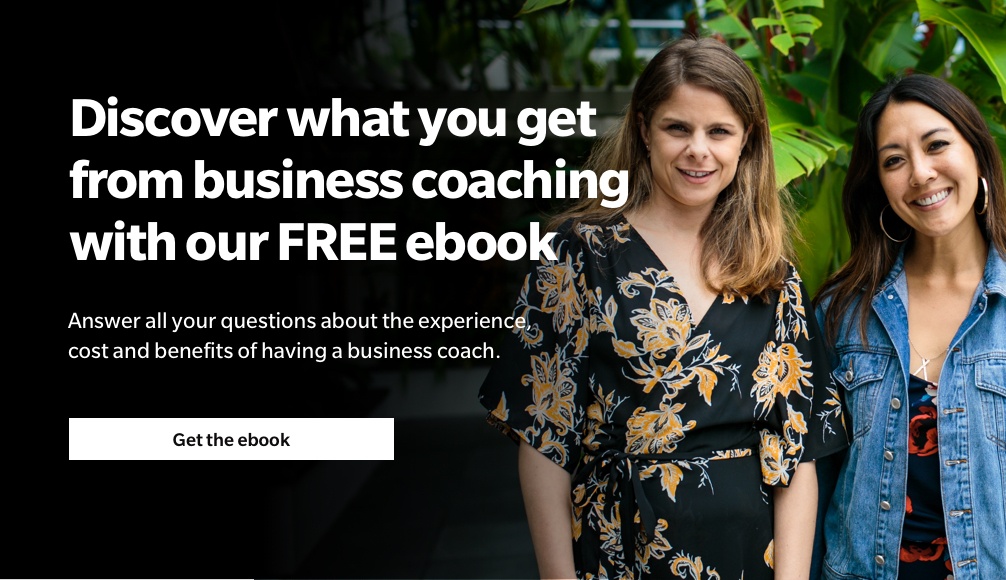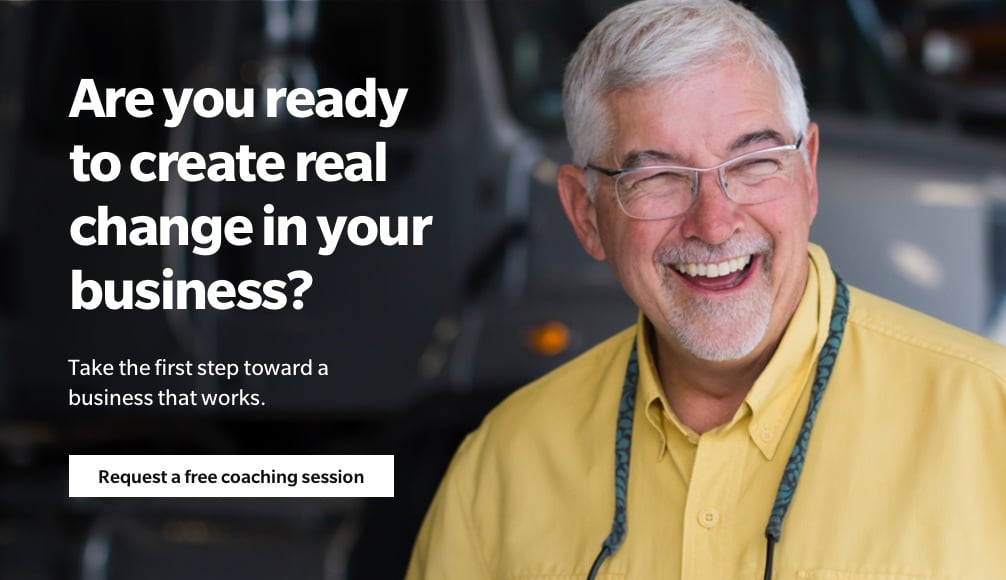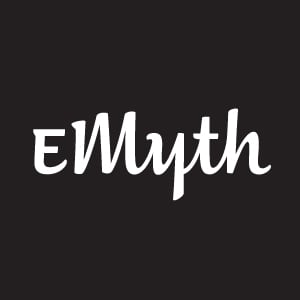When you’re ready to get help to make your small business run more effectively, hiring a coach can be the answer. A skilled coach can help you see yourself and your business in a way you never have before, opening your eyes to new options and solutions you wouldn’t otherwise think of
.But how do you choose a coach? Here are 5 questions you should ask any coach to find out if they might be a good fit for you.
When you’re ready to get help to make your small business run more effectively, hiring a coach can be the answer.
A skilled coach can help you see yourself and your business in a way you never have before, opening your eyes to new options and solutions you wouldn’t otherwise think of.
But how do you choose a coach? Here are 5 questions you should ask any coach to find out if they might be a good fit for you.
Question #1: “What’s your small business philosophy?”
It’s important to find a fit with a coach’s style and personality and their business philosophy.
Why?
Because meetings that are supported by a clear point of view have structure and logic. There’s often a program you and the coach can follow, and a way to track your progress.
When you ask about a coach’s business philosophy, look for a clear, specific response that gives you confidence they know what they’re talking about. Watch out for responses that feel:
- Unspecific
- Canned
- Insincere
And be wary of a coach who says they don’t have a business philosophy at all. Ask them how they create structure and logic in their coaching sessions,how the two of you will map out your coaching relationship and you’ll know you’re making progress.
Question #2: “What are your areas of expertise as a coach?”
Some coaches are industry generalists with deep business knowledge. Others are the reverse—business generalists with deep industry knowledge. Both kinds of coaching can be effective. But don’t assume that knowledge of business or your industry is the same thing as coaching skill and effectiveness.
A professional coach is someone who’s trained and often certified in helping people focus on individual growth and development, emotional intelligence and self-awareness.
These are critical skills for any business owner who wants to grow their business so it doesn’t depend on them, by leading other people to do the work of the business.
It’s the combination of business knowledge and coaching skill that will deliver the results you’re looking for.
When you ask about coaching expertise, you should expect the coach to respond about their coaching—not just their business or industry knowledge.
Examples are:
- ability to get to the root cause of problems and frustrations
- a strong results orientation that helps clients make sound strategic decisions about their time and resources
- ability to work with problems and challenges in a way that coaches the client, not just fixes the problem
- and the ability to motivate and help clients be accountable for the changes they need to make in themselves to get the results they want in their business.
Question #3: “What’s the most important thing for me to know about working with a coach?”
The answer to this question should come from the coach’s knowledge of the challenges clients face on their path to changing themselves and their business results.
Carving out the time and building the habit to work on your business, getting too busy or having a business emergency, feeling hopeless or frustrated when your business isn’t going well—these are some common challenges you and your coach should expect and prepare for, so together you can prevent them from becoming obstacles to your progress.
Change isn’t always convenient or easy. Your coach should be real with you about that and give you an undeniable experience that they’re prepared to help you through it.
Question #4: “What happens if coaching doesn’t work for me?”
Don’t expect a coach to guarantee your results; you’re accountable for doing the work that creates the change you’re looking for. While your coach will inspire and motivate you, they won’t and can’t control you.
And, you should expect a promise to deliver value in every meeting, and to invite your constructive criticism if something’s not working.
Sometimes it can happen that a coach you’ve signed on with isn’t the right fit for you, and the coach or company should acknowledge that’s possible and tell you how they’ll handle it.
You deserve a coach who understands that your success is their success, and there’s no point in requiring you to struggle through a relationship that isn’t working.
Question #5: “Will you give me a ‘test drive’ at no cost?”
You should interview any coach or coaching company you’re considering to learn about their program, content, features and benefits, pricing and the promises they make.
And, separate from your interview, you should ask for a coaching session—not a sales pitch or presentation, but an actual coaching meeting like one you’d participate in as a client. It’s the best way to evaluate whether this could be a good fit for you.
During the session, you should feel the coach is helping you see something new about your business or yourself. You should have the experience of feeling seen and heard.
Their questions should come from a place of curiosity and openness, and you should never feel shamed or dismissed because of something you haven’t done or don’t know how to do.
You should leave your test drive session seeing your business or yourself in a way you never have before.
Try these five questions when you’re ready to consider getting help from a business coach. Let the answers show you whether you’ve found the coach you can trust, who deserves your business.
If you’re ready to meet your next business coach and/or mentor, sign up for a free coaching session. EMyth would love to earn your trust, and a free coaching session is the best way to see how an EMyth coach can help you get on the track to creating the business (and by extension, life) of your dreams.





Comments